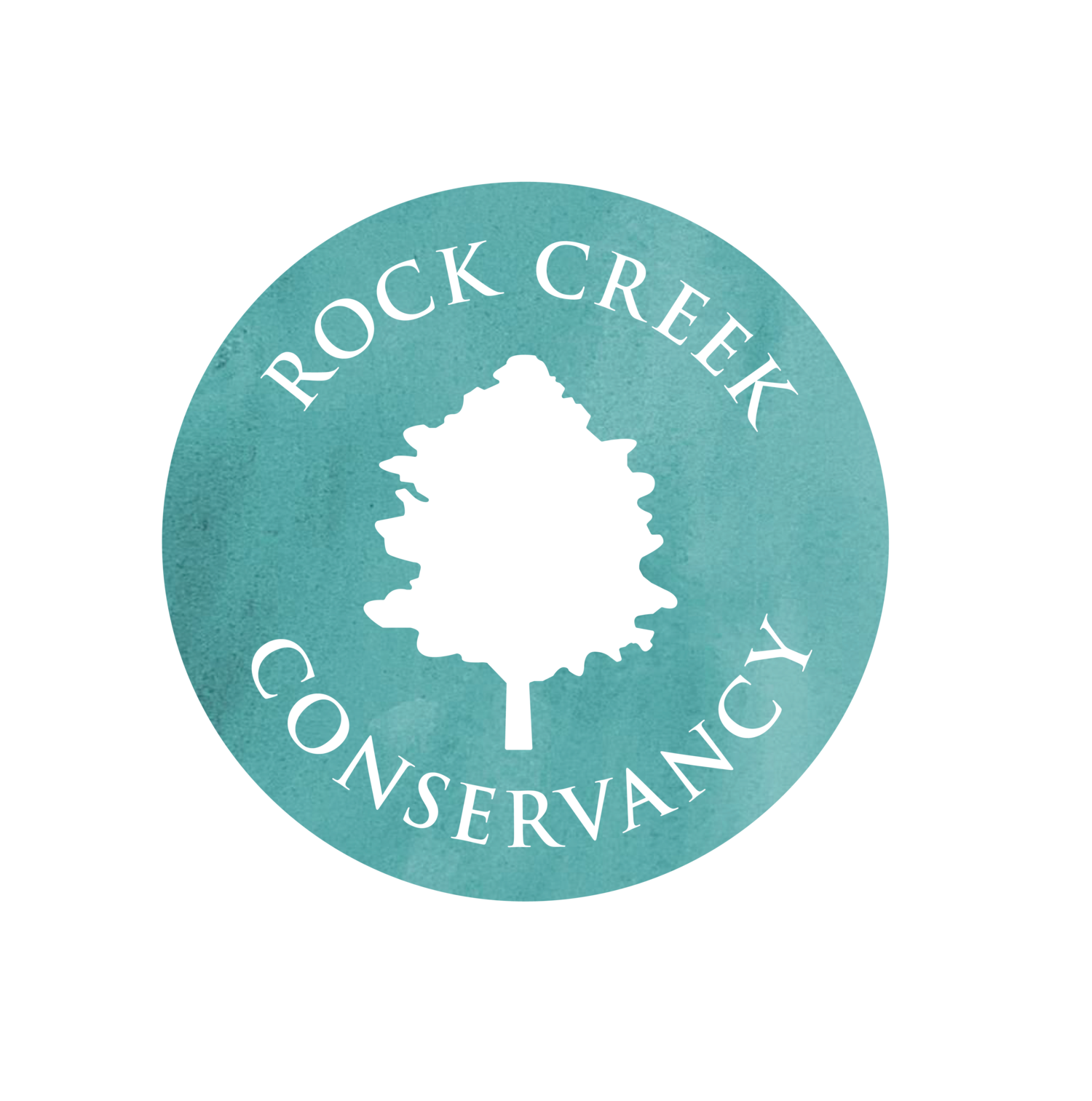
Aspen Hill Rain Barrel Program
Rain barrels provided to residents of Aspen Hill, MD
In 2019, Rock Creek Conservancy began offering free installation of rain barrels for homes in Aspen Hill, MD to reduce stormwater runoff into Rock Creek.
A limited number of free rain barrels were available on a first-come, first-serve basis and have now been claimed. Thank you to our eager park neighbors for helping to protect Rock Creek!
Reducing stormwater runoff
in Aspen Hill
Why Aspen Hill?
Park neighbors play an important role in the health of Rock Creek. High volumes of water during heavy rainfalls wash in pollutants, cause stream bank erosion, and other problems that reduce the health of Rock Creek and are harmful to the people, plants, and wildlife in the Rock Creek watershed.
The problem is especially severe in Aspen Hill where most of the stormwater from neighboring properties and streets ends up in Rock Creek.
One of the simplest ways to reduce stormwater is to install rain barrels that capture the water from roofs of homes.
(Source: OpenStreetMap)
About Aspen Hill
Aspen Hill is a diverse community located in Montgomery County with a population of approximately 50,000 people.
Most of the neighborhood’s south-east and western boundaries are the stream valleys of Rock Creek or Turkey Branch.
Why Stormwater reduction?
When rain falls on the paved surfaces of a neighborhood it cannot soak into the ground and it flows towards lower elevations over the surface or through storm drains. This water ultimately goes to the closest body of water. Too much runoff negatively impacts the health of Rock Creek, washing in pollutants, causing stream bank erosion and other adverse impacts that reduce the overall health of the stream.
How can neighbors help? It's simple!
Neighbors can implement different water conservation practices within their properties (or encourage building management to do so) that can help reduce the amount of stormwater that flows into the Rock Creek during and after a rainfall.
One of the simplest and most cost-effective things a homeowner can do is to install rain barrels that capture the water from the roofs of homes and store it for future uses.
Benefits
Reduce stormwater runoff from your property
Whatever it is, the way you tell your story online can make all the difference.
Whatever it is, the way you tell your story online can make all the difference.
Whatever it is, the way you tell your story online can make all the difference.
You can use the water in the rain barrel for:
Watering lawns, garden and house plants
(do not use for drinking or edible gardens)
Cleaning garden equipment
Washing your car
What to consider before having a rain barrel installed
Is rainwater from a downspout failing to soak into the ground? When rainwater discharges onto or near a hard surface, such as a driveway, sidewalk or patio; you can see water running off your property during rain events. In this case, a rain barrel is a great option!
Is rainwater from a downspout flowing to a grassy or landscaped area and soaking back into the ground? In this is the case, your yard probably doesn't need a rain barrel.
Are rain barrels hard to maintain? Rain barrels require a few simple maintenance steps:
Use the water in your rain barrel frequently so that storage is available for the next rain event. If needed, you should empty it out in between rain events.
Make sure that the barrel opening stays sealed and covered with a screen to prevent mosquitoes from breeding and debris from accumulating inside.
Regularly clean the screen of debris to prevent it from becoming blocked or clogged
Before winter, empty, rinse and store upside down and away from the wind and snow
Rock Creek Conservancy is an award-winning, local nonprofit dedicated to preserving Rock Creek and its 77 square mile watershed for the benefit and enjoyment of all people. This rain barrel program is made possible in part by a grant from the National Fish and Wildlife Foundation.



